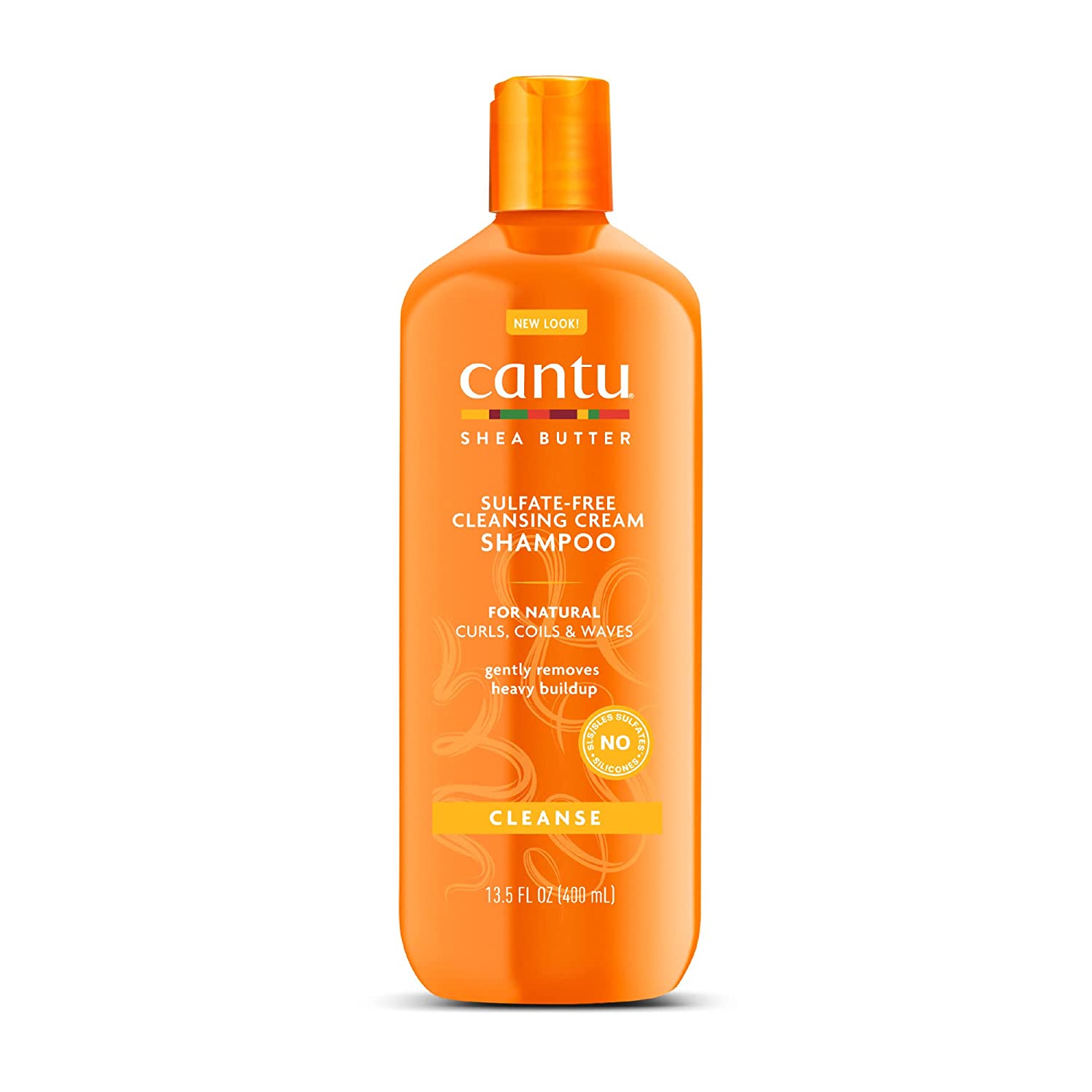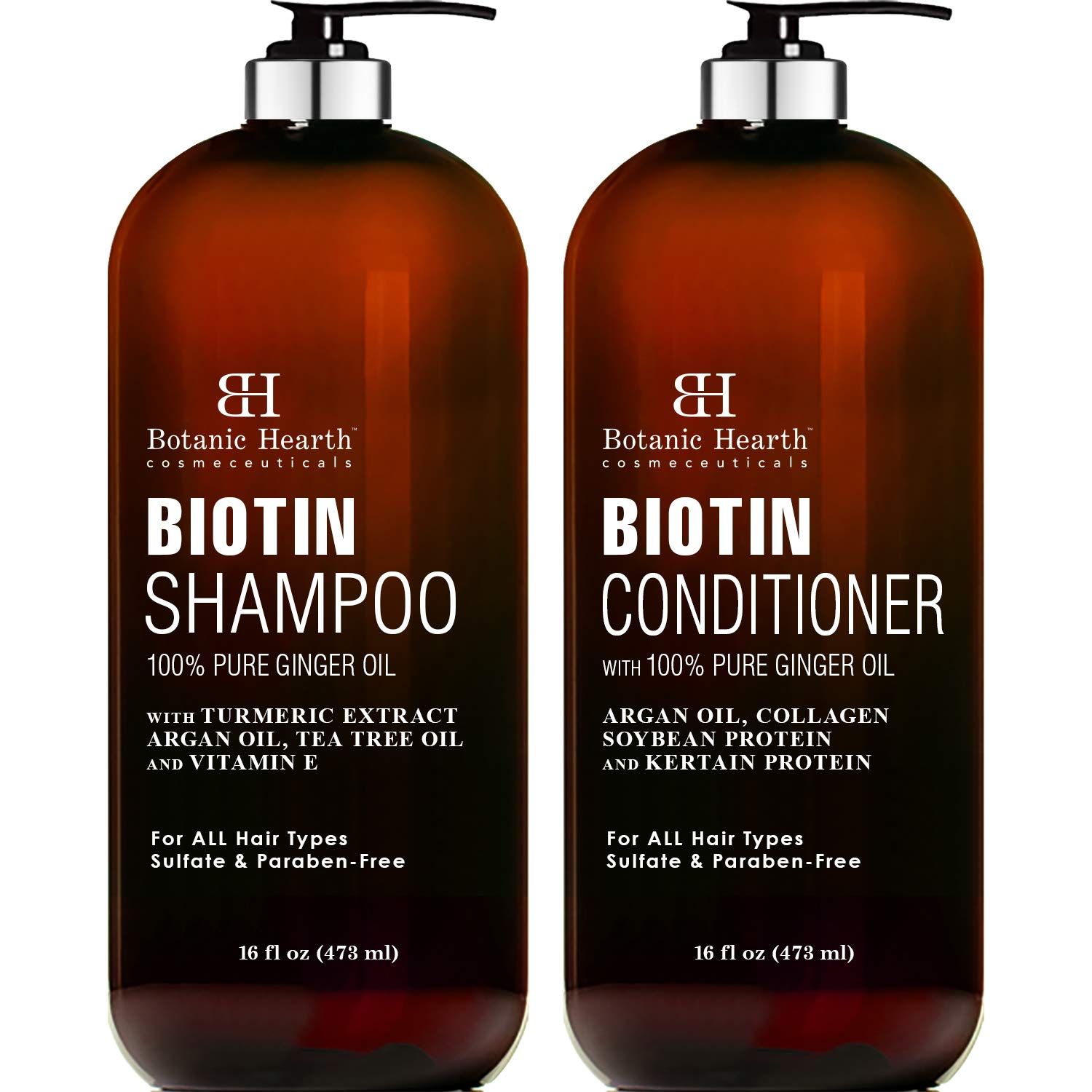Are you tired of chemical-laden shampoos that promise the world but deliver lackluster results? Switching to a natural shampoo can be a game-changer for your hair and scalp health. With the growing awareness of the harmful effects of synthetic ingredients, more people are turning to natural alternatives that cleanse, nourish, and protect without compromising their well-being. But with so many options available, how do you choose the best natural shampoo for your hair type and concerns? This ultimate guide is here to simplify the process and help you make an informed decision. From understanding the benefits of natural ingredients to decoding labels and finding the perfect match, this article covers everything you need to know.
Choosing the right natural shampoo is not just about avoiding chemicals; it's about embracing a holistic approach to hair care. Natural shampoos are formulated with plant-based ingredients, essential oils, and nourishing extracts that cater to specific hair needs. Whether you're dealing with dryness, frizz, dandruff, or color-treated hair, there's a natural shampoo out there designed to address your concerns. However, navigating the crowded market of "green" beauty products can be overwhelming. That’s why we’ve created this comprehensive guide to help you identify the best options, understand what to look for, and avoid common pitfalls.
In this article, we’ll explore the science behind natural shampoos, the benefits they offer, and how to tailor your choice to your unique hair type. We’ll also answer frequently asked questions and provide practical tips to ensure you get the most out of your natural shampoo experience. By the end of this guide, you’ll feel confident in selecting a product that aligns with your values and meets your hair care goals. So, let’s dive in and discover how to elevate your hair care routine with the ultimate guide to the best natural shampoo: choosing the right option for your hair.
Read also:Discovering Apples Origins When Was Apple Founded And Why It Matters
Table of Contents
- What Makes a Shampoo Truly Natural?
- Why Should You Switch to Natural Shampoos?
- How to Identify the Best Natural Shampoo for Your Hair Type?
- What Ingredients to Look for in a Natural Shampoo?
- How to Transition to a Natural Shampoo?
- What Are the Common Misconceptions About Natural Shampoos?
- How to Maintain Hair Health with a Natural Shampoo?
- Frequently Asked Questions About Natural Shampoos
What Makes a Shampoo Truly Natural?
Before diving into the best natural shampoo options, it’s essential to understand what qualifies a product as "natural." A truly natural shampoo is free from synthetic chemicals, artificial fragrances, and harsh detergents. Instead, it relies on plant-based ingredients, essential oils, and natural extracts to cleanse and nourish the hair. These shampoos are often formulated with biodegradable ingredients, making them environmentally friendly as well.
Key Characteristics of Natural Shampoos
- Free from Sulfates: Sulfates like sodium lauryl sulfate (SLS) are common in conventional shampoos but can strip the hair of its natural oils, leading to dryness and irritation.
- No Parabens or Phthalates: These preservatives and plasticizers are often linked to hormonal disruptions and are best avoided.
- Plant-Based Ingredients: Natural shampoos use ingredients like aloe vera, coconut oil, and argan oil to moisturize and strengthen the hair.
- Eco-Friendly Packaging: Many natural shampoo brands prioritize sustainability by using recyclable or biodegradable packaging.
How to Spot Greenwashing?
Unfortunately, not all products marketed as "natural" live up to their claims. Greenwashing is a common issue where brands use misleading labels or vague terms to appear eco-friendly. To avoid falling for greenwashed products, always check the ingredient list and look for certifications from reputable organizations like USDA Organic or Ecocert.
Why Should You Switch to Natural Shampoos?
Switching to a natural shampoo offers numerous benefits for both your hair and the environment. Unlike conventional shampoos, natural alternatives are gentle on the scalp, reduce the risk of irritation, and promote long-term hair health. They also minimize your exposure to harmful chemicals, which can accumulate in your body over time.
Benefits of Natural Shampoos
- Gentle Cleansing: Natural shampoos cleanse without stripping the hair of its natural oils, leaving it soft and hydrated.
- Improved Scalp Health: Ingredients like tea tree oil and chamomile soothe the scalp and reduce issues like dandruff and itchiness.
- Environmentally Friendly: By choosing natural shampoos, you reduce water pollution and support sustainable practices.
Is It Worth the Investment?
While natural shampoos may come with a higher price tag, their benefits often outweigh the cost. Investing in a high-quality natural shampoo can save you money in the long run by reducing the need for additional hair treatments and minimizing damage.
How to Identify the Best Natural Shampoo for Your Hair Type?
Not all natural shampoos are created equal, and finding the right one depends on your hair type and specific concerns. Whether you have curly, straight, oily, or dry hair, there’s a natural shampoo tailored to your needs.
Choosing Based on Hair Type
- Curly Hair: Look for moisturizing ingredients like shea butter and argan oil to define curls and reduce frizz.
- Oily Hair: Opt for lightweight formulas with tea tree oil or lemon extract to balance oil production.
- Dry Hair: Shampoos with coconut oil, honey, or avocado oil can deeply hydrate and repair damaged strands.
What About Color-Treated Hair?
If you have color-treated hair, choose a sulfate-free natural shampoo with UV protection to preserve your color and prevent fading. Ingredients like hibiscus and rosemary oil are excellent for maintaining vibrancy.
Read also:Unlocking The Best 9xs Deals Your Ultimate Guide To Smart Shopping
What Ingredients to Look for in a Natural Shampoo?
The key to selecting an effective natural shampoo lies in understanding its ingredients. Certain natural components offer specific benefits, making them ideal for addressing various hair concerns.
Top Natural Ingredients and Their Benefits
- Aloe Vera: Known for its soothing and hydrating properties, aloe vera is perfect for sensitive scalps.
- Coconut Oil: This deeply nourishing oil strengthens hair and prevents breakage.
- Tea Tree Oil: A natural antiseptic, tea tree oil helps combat dandruff and scalp irritation.
- Argan Oil: Rich in antioxidants, argan oil promotes shine and reduces frizz.
What to Avoid?
When shopping for a natural shampoo, avoid products containing synthetic fragrances, parabens, and silicones. These ingredients can cause buildup and irritate the scalp.
How to Transition to a Natural Shampoo?
Making the switch to a natural shampoo can take some adjustment. Unlike conventional shampoos, natural alternatives don’t contain harsh detergents, so your hair may go through a detox phase as it adjusts to the new formula.
Tips for a Smooth Transition
- Be Patient: It may take a few weeks for your hair to adapt to the new shampoo.
- Use a Clarifying Rinse: Apple cider vinegar rinses can help remove residue from previous products.
- Adjust Washing Frequency: You may need to wash your hair less often as natural shampoos don’t strip oils as aggressively.
What If My Hair Feels Greasy?
During the transition phase, it’s common for hair to feel greasy or weighed down. This is temporary and usually resolves as your scalp adjusts to the natural formula.
What Are the Common Misconceptions About Natural Shampoos?
Despite their growing popularity, natural shampoos are often misunderstood. Addressing these misconceptions can help you make a more informed decision.
Debunking Myths
- Myth 1: Natural Shampoos Don’t Lather: While they may produce less foam, this doesn’t mean they’re less effective.
- Myth 2: They’re Only for Sensitive Scalps: Natural shampoos are suitable for all hair types and concerns.
- Myth 3: They’re Expensive: Many affordable options are available, and the long-term benefits often justify the cost.
Are Natural Shampoos Less Effective?
Natural shampoos are just as effective as conventional ones, provided you choose the right product for your needs. Their gentle formulas may take some getting used to, but the results are worth it.
How to Maintain Hair Health with a Natural Shampoo?
Using a natural shampoo is just one part of maintaining healthy hair. Pairing it with proper care routines and complementary products can enhance its benefits.
Tips for Optimal Hair Health
- Use a Natural Conditioner: Pair your shampoo with a conditioner that aligns with your hair type.
- Protect Your Hair: Avoid excessive heat styling and use protective products when necessary.
- Eat a Balanced Diet: Nutrition plays a crucial role in hair health, so ensure you’re getting enough vitamins and minerals.
How Often Should You Wash Your Hair?
The frequency of washing depends on your hair type. Oily hair may require more frequent washing, while dry or curly hair benefits from less frequent cleansing.
Frequently Asked Questions About Natural Shampoos
Are Natural Shampoos Suitable for Kids?
Yes, natural shampoos are often gentler and safer for children’s sensitive scalps. Look for products specifically formulated for kids.
Can Natural Shampoos Help with Hair Growth?
While they don’t directly stimulate growth, natural shampoos with ingredients like rosemary oil and biotin can create a healthy environment for hair to thrive.
Do Natural Shampoos Expire Faster?
Due to the absence of synthetic preservatives, natural shampoos may have a shorter shelf life. Always check the expiration date and store them properly.
Conclusion
Choosing the best natural shampoo is a step toward healthier hair and a more sustainable lifestyle. By understanding your hair type, reading labels carefully, and being patient during the transition phase, you can find a product that works wonders for your locks. With this ultimate guide to the best natural shampoo: choosing the right option for your hair, you’re equipped to make an informed decision that benefits both you and the planet.
External Resource
For more information on the benefits of natural ingredients, visit Natural Hair Care.


